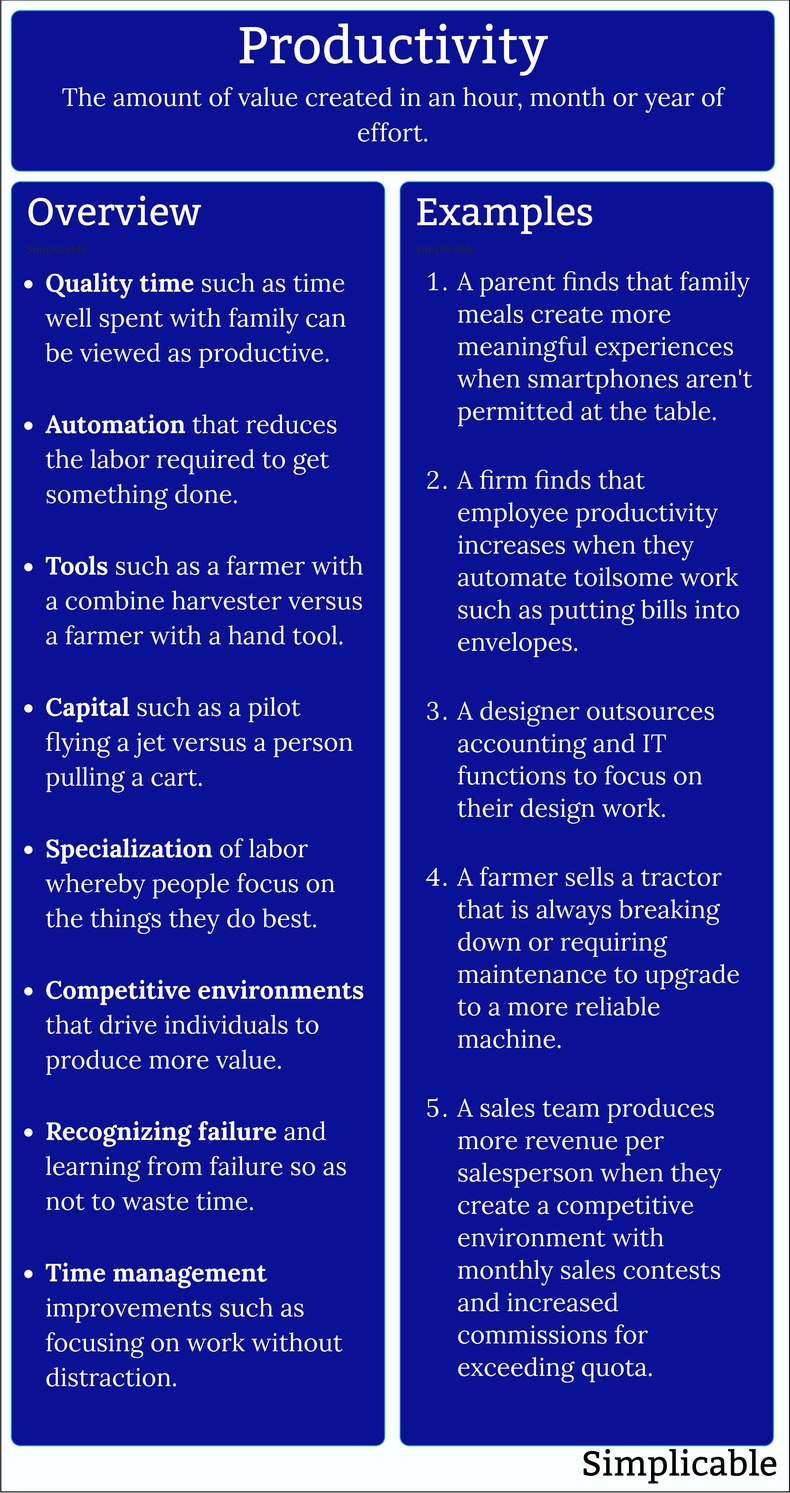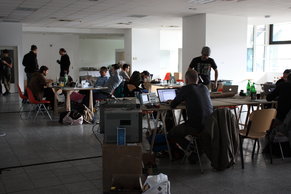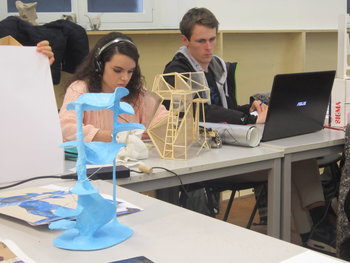|
| |
Productivity is the rate of output that is created for a unit of input. It is used to measure how much you get out of an hour worked or a dollar of investment. The following are factors that are tend to improve productivity.
AutomationAutomating labor intensive tasks to improve costs, speed and quality. May also reduce risks related to human error.Best Practices Following the best known way to do something unless you can improve upon it.CompetitionCompetition is widely viewed as the root of economic productivity. In other words, if a firm or employee has no competition they have less incentive to be productive. In some cases, people are inspired by their work and can be highly productive without being pushed by competitive forces.
CultureCorporate culture has a broad and deep impact on productivity. For example, values, habits and norms such as openly sharing information and treating each other with respect typically improves employee work output.Efficiency Eliminating inefficiencies in processes, practices and work habits is a common source of productivity gains.Fail WellFail well is the design of activities so that if they should fail, they fail quickly, cheaply and safely.Work Environment Offices and other work spaces that are healthy, safe and aesthetically pleasing. Stimulating social environments and quiet spaces may both play a role in productivity.FlowFlow is a state of uninterrupted mental concentration that is considered important to knowledge work. Flow is the opposite of multitasking, or an attempt to quickly bounce from one thing to the next such as developing code, talking on the phone and watching a movie at the same time.InnovationInnovation is the creation of something new that has value. It is often used to find labour saving techniques and devices that boost productivity.KnowledgeAccess to knowledge can improve work results and prevent knowledge workers from repeating efforts.PrioritizationWorking on your highest priority items first tends to boost your output. QualityFocusing on quality boosts the value of your work and may help avoid time consuming future problems. For example, each hour spent improving product quality may save ten hours of customer service work.Reuse Reusing materials, equipment and knowledge contributes to efficiency. Risk ManagementRisk management has an impact on productivity in areas such as business strategy and project management. A failed strategy or project can set back the productivity of an entire organization. SharingSharing information and resources such as technology between teams. It is surprisingly common for teams to reproduce a document, technology or database that already exists within an organization. SkillsSkills directly related to productivity. For example, an highly skilled computer programmer may solve problems with code in hours that might take a less skilled developer weeks.SpecializationClear roles & responsibilities that give highly specific duties to individuals are considered an element of productivity in some industries.Strategy The first step in productivity is to know that you're doing the right thing to advance your goals. TacticsTaking advantage of time-sensitive opportunities as they arise to achieve wins that far exceed your regular productivity rate.TechnologyTechnology tools that get work done quicker, better or with less risk. Includes information support for knowledge work such as decision making.SummaryProductivity is the amount of value you create with an hour of effort. This is economic gravity as all people, firms and nations have a limited amount of time or labor each month such that increasing productivity is a primary way to create more value.Next read: Examples of Productivity
If you enjoyed this page, please consider bookmarking Simplicable.
A list of capabilities.
A list of productivity examples.
The definition of productivity improvement with examples.
The definition of productivity management with examples.
The basic types of human productivity.
The definition of work ethic with examples.
A comprehensive list of innovation techniques.
Basic types of know-how.
A definition of knowledge work with examples.
TrendingThe most popular articles on Simplicable in the past day.
Recent posts or updates on Simplicable.
Site Map
© 2010-2023 Simplicable. All Rights Reserved. Reproduction of materials found on this site, in any form, without explicit permission is prohibited.
View credits & copyrights or citation information for this page.
|



























